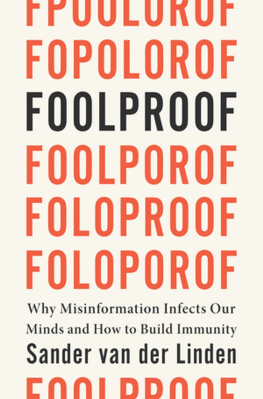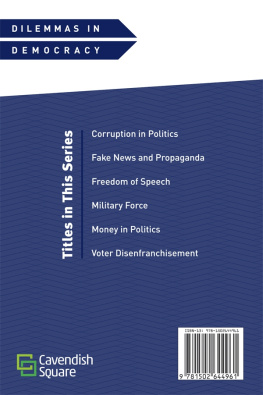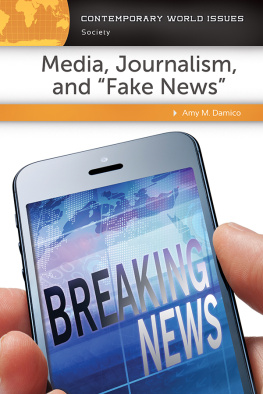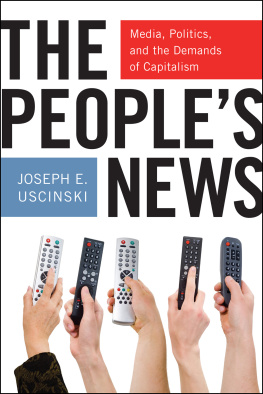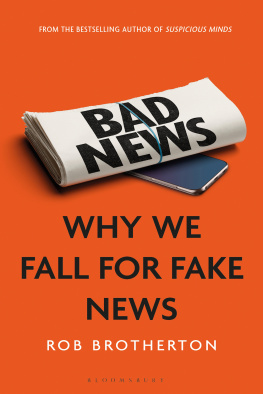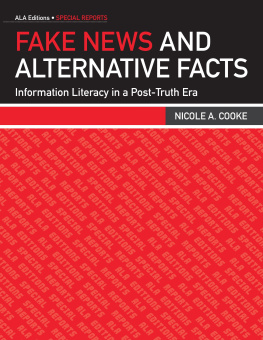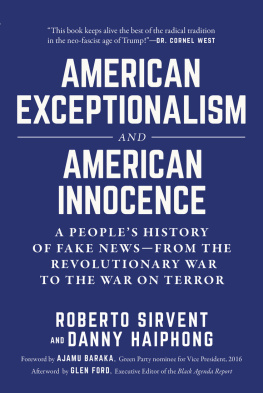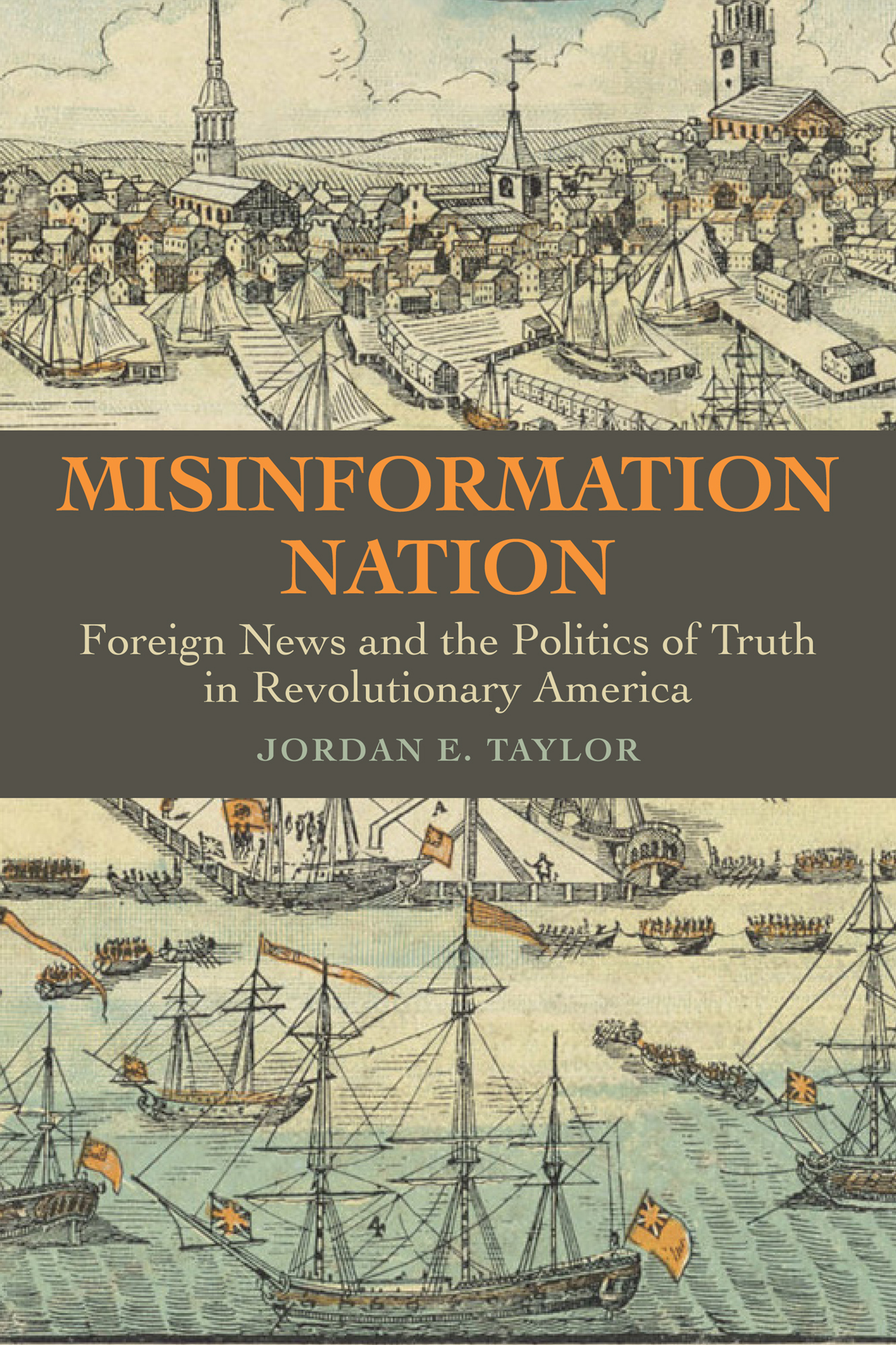Jordan E. Taylor - Misinformation Nation: Foreign News and the Politics of Truth in Revolutionary America
Here you can read online Jordan E. Taylor - Misinformation Nation: Foreign News and the Politics of Truth in Revolutionary America full text of the book (entire story) in english for free. Download pdf and epub, get meaning, cover and reviews about this ebook. City: Baltimore, year: 2022, publisher: Johns Hopkins University Press, genre: History. Description of the work, (preface) as well as reviews are available. Best literature library LitArk.com created for fans of good reading and offers a wide selection of genres:
Romance novel
Science fiction
Adventure
Detective
Science
History
Home and family
Prose
Art
Politics
Computer
Non-fiction
Religion
Business
Children
Humor
Choose a favorite category and find really read worthwhile books. Enjoy immersion in the world of imagination, feel the emotions of the characters or learn something new for yourself, make an fascinating discovery.

- Book:Misinformation Nation: Foreign News and the Politics of Truth in Revolutionary America
- Author:
- Publisher:Johns Hopkins University Press
- Genre:
- Year:2022
- City:Baltimore
- Rating:5 / 5
- Favourites:Add to favourites
- Your mark:
Misinformation Nation: Foreign News and the Politics of Truth in Revolutionary America: summary, description and annotation
We offer to read an annotation, description, summary or preface (depends on what the author of the book "Misinformation Nation: Foreign News and the Politics of Truth in Revolutionary America" wrote himself). If you haven't found the necessary information about the book — write in the comments, we will try to find it.
Fundamentally reshapes our understanding of the causes of the American Revolution and the pivotal role foreign news and misinformation played in driving colonists to revolt.
Fake news is not new. Just like millions of Americans today, the revolutionaries of the eighteenth century worried that they were entering a post-truth era. Their fears, however, were not fixated on social media or clickbait, but rather on peoples increasing reliance on reading news gathered from foreign newspapers. In Misinformation Nation, Jordan E. Taylor reveals how foreign news defined the boundaries of American politics and ultimately drove colonists to revolt against Britain and create a new nation.
News was the lifeblood of early American politics, but newspaper printers had few reliable sources to report on events from abroad. Accounts of battles and beheadings, as well as declarations and constitutions, often arrived alongside contradictory intelligence. Though frequently false, the information that Americans encountered in newspapers, letters, and conversations framed their sense of reality, leading them to respond with protests, boycotts, violence, and the creation of new political institutions. Fearing that their enemies were spreading fake news, American colonists fought for control of the news media. As their basic perceptions of reality diverged, Loyalists separated from Patriots and, in the new nation created by the revolution, Republicans inhabited a political reality quite distinct from that of their Federalist rivals.
The American Revolution was not only a political contest for liberty, equality, and independence (for white men, at least); it was also a contest to define certain accounts of reality to be truthful while defining others as false and dangerous. Misinformation Nation argues that we must also conceive of the American Revolution as a series of misperceptions, misunderstandings, and uninformed overreactions. In addition to making a striking and original argument about the founding of the United States, Misinformation Nation will be a valuable prehistory to our current political moment.
Jordan E. Taylor: author's other books
Who wrote Misinformation Nation: Foreign News and the Politics of Truth in Revolutionary America? Find out the surname, the name of the author of the book and a list of all author's works by series.

